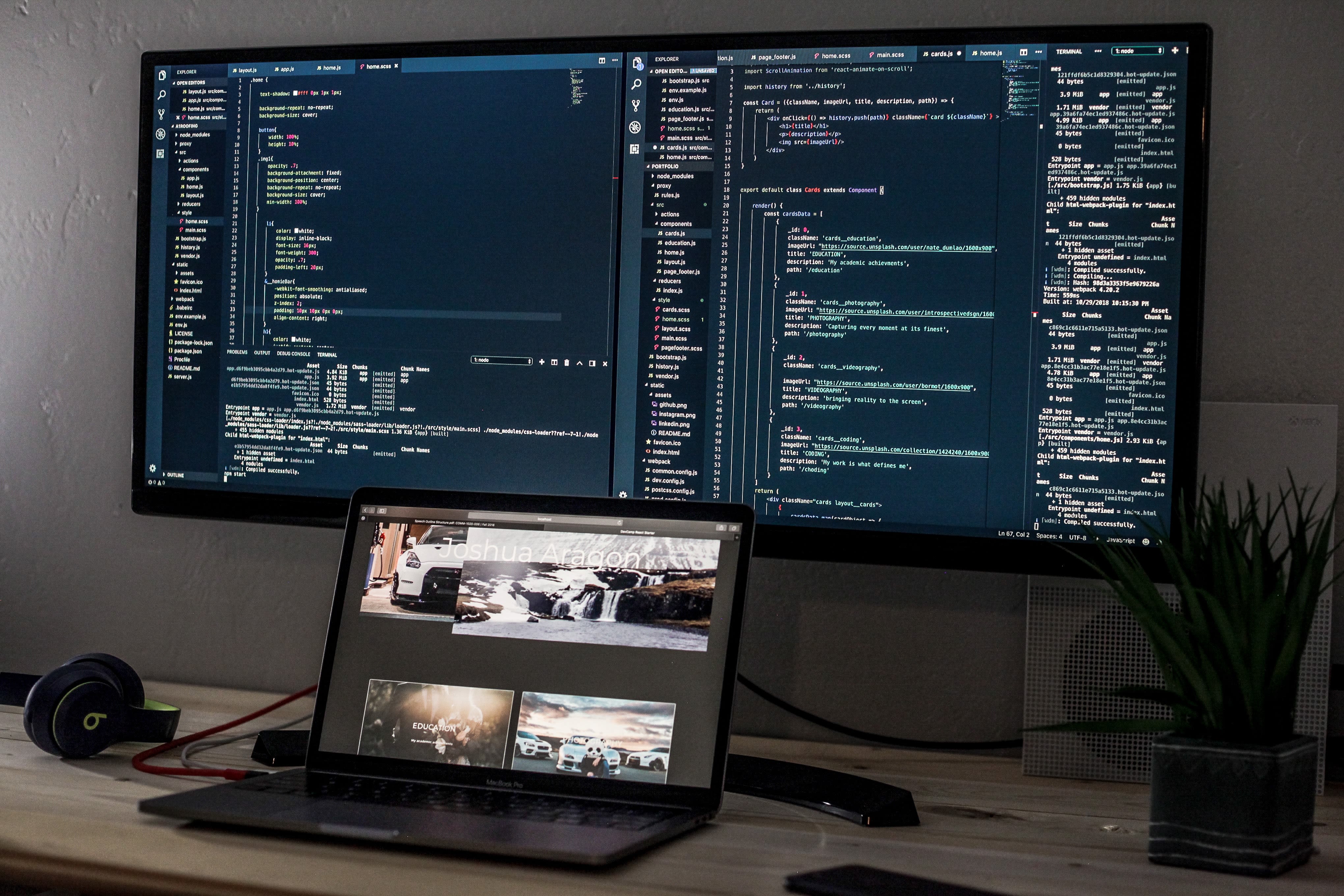Work Overtime
in the USA
Prepared for Telling Stories With Data

Status of Overtime
in the USA

Global Comparison
Average Working Hours Per Week In 161 Countries Worldwide
Data from: The International Labour Organization Department of Statistics, "Statistics on working time", The International Labour Organization, 16 January 2023, https://ilostat.ilo.org/topics/working-time/
In China, the work culture is known for its long hours and intense workload, commonly referred to as "overtime culture" or "996 culture". The term "996" refers to the work schedule of 9:00 am to 9:00 pm, six days a week, which has become prevalent in many Chinese tech companies.
In India, the work culture is also known for its long hours and intense workload, commonly referred to as "workaholic culture". The term "workaholic" refers to employees that work long hours and take on high workloads to display their passion and commitment to their jobs.
Because of the cultural influences in both China and India, the habit of working overtime is strongly engrained in work culture, with many employees feeling under pressure to work extra hours to fulfill tight deadlines and achieve success. This is especially true in highly competitive industries, where individuals may believe they must work harder and for longer hours in order to keep up with their peers and succeed in their professions.
Overall, China and India are the countries with the longest working hours, while the situation in the United States does not seem to be as bad.

Focus on the USA
U.S. Average Working Hours per Day, 2021

Photo by Annie Spratt on Unsplash
Photo by Annie Spratt on Unsplash
National Average
8.72 hours
Data from: "Average hours per day spent in selected activities on days worked by employment status and sex", U.S. Bureau of Labor Statistics, https://www.bls.gov/charts/american-time-use/activity-by-work.htm

Photo by bruce mars on Unsplash
Photo by bruce mars on Unsplash
Male Average
9.05 hours

Photo by Brooke Cagle on Unsplash
Photo by Brooke Cagle on Unsplash
Female Average
8.28 hours
U.S. Average Weekly Working Hours
Data from: "Work and Workplace", Gallup, https://news.gallup.com/poll/1720/work-work-place.aspx

Why not
take vacation?

What about
legally mandated annual leave?
0day of total paid vacation and holidays in the United State. The U.S. remains the only advanced economy in the world that does not guarantee its workers paid vacation and holidays.
Data from: Adewale Maye, "No-Vacation Nation, Revised", Center For Economic And Policy Research, May 2019, https://cepr.net/images/stories/reports/no-vacation-nation-2019-05.pdf
Can everyone get Paid Time Off in the U.S.?
Definitely Not!
21% of U.S. private industry workers would tell you that they don’t have access to paid holidays.
Data from: "79 percent of private industry workers had access to paid vacation leave in March 2019", U.S. Bureau of Labor Statistics, JULY 28, 2020, https://www.bls.gov/opub/ted/2020/79-percent-of-private-industry-workers-had-access-to-paid-vacation-leave-in-march-2019.htm
If you still think that it's lucky that 79% of U.S. workers get paid vacation,
then I want to tell you...
In fact, you don't dare to take a vacation!
49% of paid vacation days are Not used in U.S. 2019.
More disturbingly, 61% of those who do take vacation are working while on vacation.
Data and words from: G.E. Miller, "Why you Are Not Taking your Paid Vacation Days, but Should", 20 Something Finance, January 21, 2019, https://20somethingfinance.com/americans-not-taking-paid-vacation-days/
Hazards
of overtime work

Why Why Why?
Why always choose to work overtime?

Knowing that working overtime is a really terrible deal, why are we always working overtime?
Survey data from 20 Something Finance says:
Please note that:
8 of those 11 reasons are all based in fear!
Only 3 of those 11 reasons are not based in fear.
However, even the three reasons probably have a deeper root cause that is based in fear (i.e. fear of not having enough money, status perception, or fear of getting fired).
Therefore, there is no doubt that this is the answer:
The eleven reasons for working overtime are all due to fear!
We know that working overtime can damage our physical and mental health, and we also know that working overtime can make us neglect our families, friends and even ourselves. But we still choose to work overtime because we are afraid.
Survey data from: G.E. Miller, "Why you Are Not Taking your Paid Vacation Days, but Should", 20 Something Finance, January 21, 2019, https://20somethingfinance.com/americans-not-taking-paid-vacation-days/




How to refuse
overtime work

Utilize "I" statements
rather than "You" or "We"
Avoiding broad phrases such as, "You constantly inform me at the last second," or "We think this is unjust."
After expressing gratitude for the opportunity presented and declining it, you may opt to discuss the individual's history of taking on last-minute assignments or having an uneven workload in a separate conversation.
For example,
Employee: Thanks for considering me for the opportunity, but I can't take it on right now."
Boss: Is there a particular reason why you're not able to take it on?
Employee: Yeah, my workload is already pretty heavy and I don't think I can handle any more at the moment.
Idea from: Amy Elisa Jackson, "3 Polite Ways to Turn Down Extra Work", Glassdoor, January 18, 2017, https://www.glassdoor.com/blog/3-polite-ways-to-turn-down-extra-work/
Be Honest, Clear and Concise
Although it may be challenging to politely decline a request from your boss, creating a false excuse or fabricating a set of circumstances to avoid the work can damage your reputation.
Ask yourself why you are saying no.
For example,
Boss: Is there a particular reason why you're not able to take it on?
Employee: Yeah, my workload is already pretty heavy and I don't think I can handle any more at the moment.
Boss: I see. Well, I appreciate your honesty.
Idea from: Amy Elisa Jackson, "3 Polite Ways to Turn Down Extra Work", Glassdoor, January 18, 2017, https://www.glassdoor.com/blog/3-polite-ways-to-turn-down-extra-work/
Treat others as you would like to be treated
We should be mindful of how our actions and words affect others, particularly when it comes to rejecting or denying their requests. Even a simple "no" can be difficult to hear, so it's important to be considerate of their feelings.
Offering a clear and considerate explanation, not only about the task at hand but also about your colleague's perspective, can make a significant difference in how they react to your decision. It's crucial to maintain a balance between standing firm in your position while showing understanding towards your colleague, especially if they continue to act professionally towards you.
For example,
Colleague: Can you help me with this task?
You: Thank you for considering me, but I already have a lot of tasks to complete in the next few days. Could you check with other colleagues to see if someone else can help you with this task?
Colleague: Okay, I understand. Thanks for getting back to me.
You: Of course, if you need help with anything else, I'll do my best to assist you.
Idea from: Amy Elisa Jackson, "3 Polite Ways to Turn Down Extra Work", Glassdoor, January 18, 2017, https://www.glassdoor.com/blog/3-polite-ways-to-turn-down-extra-work/
Top 3 Industries
with the highest percentage of employees taking paid vacation

Photo by Clayton Cardinalli on Unsplash
Photo by Clayton Cardinalli on Unsplash
Manufacturing
The percentage of employees in the manufacturing industry taking paid vacation is 95%, tied for first place with the financial activities industry.

Photo by Alexander Grey on Unsplash
Photo by Alexander Grey on Unsplash
Financial Activities
The percentage of employees in the financial activities industry taking paid vacation is 95%, tied for first place with the manufacturing industry.

Photo by Joshua Aragon on Unsplash
Photo by Joshua Aragon on Unsplash
Information
The percentage of employees in the information industry taking paid vacation is 90%, ranking third.
Data from: "Who receives paid vacations?", U.S. Bureau of Labor Statistics, September 23, 2021, https://www.bls.gov/ebs/factsheets/paid-vacations.htm

Please Say No

We Are Not Robots
Overworking is not only unhealthy but counterproductive. The long hours may seem necessary to meet deadlines or impress the boss, but the truth is that they often lead to burnout, decreased job satisfaction, and reduced productivity. In the long run, overworking can have serious consequences on our physical and mental health, including increased risk of heart disease, depression, and anxiety. It's important to remember that we are not robots, but human beings who need time to rest and recharge.
Strive For A Work-life Balance
Let's make the most of our vacation time and encourage our friends, colleagues and families to do the same. By prioritizing our well-being, we not only improve our own lives but also contribute to a healthier work culture for everyone.
Join us in saying no to overworking and yes to a healthier, happier life!


Thank You 😀
from Yuxuan Li

